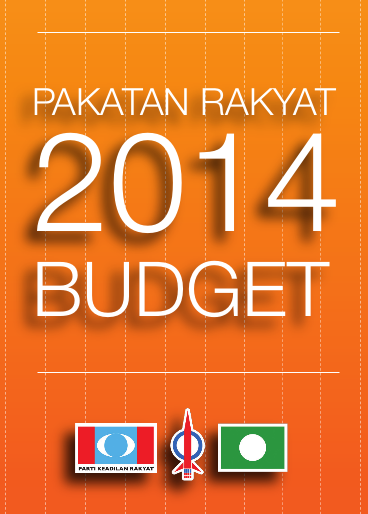Under PR, Malaysia TI CPI will be in the top 30 countries by the end of the first term
Malaysians should only be satisfied with efforts to fight corruption when ‘big fishes’ are prosecuted and structural changes introduced to fight corruption. The recently released Transparency International Corruption Perception Index (CPI) shows that Malaysia has improved its ranking from 60th out of 183 in 2011 to 54 out of 176 countries in 2012.
The improvement in the CPI does not appear to have stopped scandals such as the RM250 million National Feedlot Corporation (NFC) scandal from continuing. Only now do we see the extent of the abuse of power in the previous Selangor government, for example, where land which is now worth RM300 million were sold to BN component parties at RM1 per square foot (psf) or how BN representatives in Penang sold prime land next to Gurney Drive in Penang at RM 1 psf in Tanjung Tokong.
The overall improvement in the CPI scores mask other worrying findings in regards to corrupt practices in Malaysia as in indicated by the Bribe Payer’s Survey. For example, when asked ‘how common is it for public officials in this country to demand or accept bribes’,Malaysia’s score was 4.1 out of 5 (5 being the worst), which is on par with Indonesia, a country which is placed at 118 in the CPI ranking.
When asked ‘how common is the misuse of public funds by high ranking public officials and politicians’, Malaysia’s score was 4.3 out of 5 which was actually worse than Indonesia’s score of 4.2.
Most worrying is the fact that 50% of respondents that believed they have lost business due to bribery making Malaysia the worst ranking country out of the 31 countries survey in the Bribe Payer’s Survey, worse than even Indonesia (47%), Pakistan (42%) and Russia (39%).
If the Fighting Corruption NKRA major thrusts - to strengthen the anti-corruption enforcement agencies and legislation, to tackle grand corruption and to reduce leakages from government procurement – were properly implemented, Malaysia should have catapulted into the top 30 countries in the CPI rankings. The failure to act against “big fishes” does not lend much confidence to the credibility of MACC nor the political will of the government.
At the same time, despite numerous policy reports, allegations and investigative pieces made against the Chief Ministers of Sarawak and Sabah, most notably by the Bruno Manser Fund (BMF), there is no action or full investigations by the MACC. The 2012 Transparency International report did not cover the resurfacing of the RM40 million alleged ‘political donation’ to Sabah UMNO that continues to escape the attention of the MACC and revelations made by high-flying businessman Deepak Jaikishan relating to shady land deals. Deepak was indirectly linked to the murdered Mongolian model Altantuya Shaaribuu.
The DAP agrees with Transparency International suggestion for the following major structural reforms to fight corruption:
Reforms in the political arena to reduce monetisation of politics and eliminate opportunities for state capture which results in grand corruption.
Continue to strengthen law enforcement institutions especially the MACC, Judiciary and Police. Their complete independence must be established to secure the public’s trust.
Uphold the rule of law without fear or favour so that abusers especially “big fish” cases do not have impunity from prosecution.
Overhaul the Official Secrets Act (OSA) and introduce a federal Freedom of Information (FOI) Act.
Firm and consistent actions in upholding transparency and accountability in government contracts and public procurement.
Tackle systemic corruption by focusing on specific sectors through the involvement of all stakeholders in the public private, professional and civil society sector.
Further improve whistleblower legislation to provide wider protection to whistle blowers and encourage more whistle-blowing.
Pakatan Rakyat and DAP promises to introduce these reforms recommended by Transparency InternationaI to ensure that Malaysia will be ranked among the top 30 countries at the end of its first term in office after the 13th General Elections.
